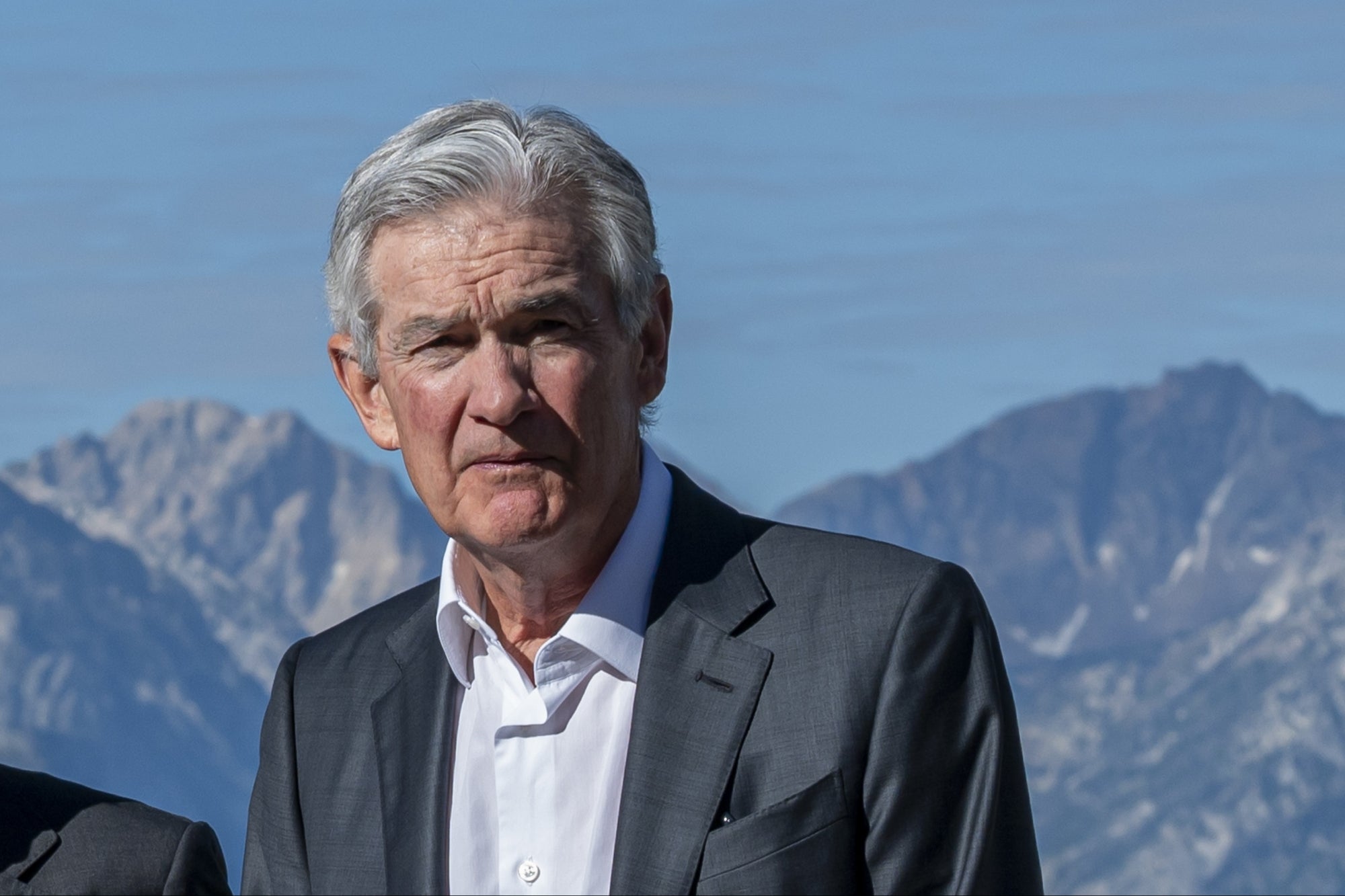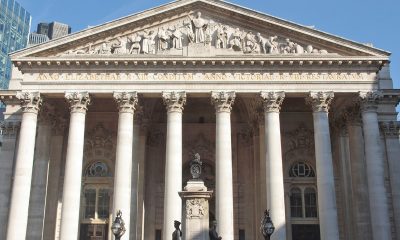Investing
August Jobs Report Shows Growth, Unemployment Missing Mark

On Friday, the U.S. Bureau of Labor Statistics released a highly anticipated employment report that could be one of the most important pieces of economic news this year. The report gives an employment picture that will be crucial to interest rate decisions made by the Federal Reserve at its September 18 meeting later this month.
Economists expected U.S. employers to add 20,000 more jobs in August than reported. Meanwhile, 800,000 more people are unemployed now than a year ago.
Wall Street expected 160,000 new jobs added to the market in August, with some analysts predicting 163,000 new jobs. The number tracked by the BLS report fell short of those expectations, at 142,000 jobs. Construction and healthcare were the two fields that added the most roles, with 34,000 and 31,000 positions opening up respectively in those two areas.
The unemployment rate is now 4.2%, higher than the 3.8% it was at the same time last year but lower than July’s 4.3% unemployment rate, which was the highest since October 2021. The number of people unemployed went from 6.3 million to 7.1 million from August 2023 to last month, an increase of 800,000.
Federal Reserve Chair Jerome Powell. Credit: David Paul Morris/Bloomberg via Getty Images
Related: CPI Report: Inflation Hits 3-Year Low, Analysts Predict Fed Will Cut Rates Next Month
The average private sector employee saw hourly wages rise by 14 cents from July to August, to an average of $35.21 per hour.
The report “confirmed that the labor market did not fall off a cliff,” EY senior economist Lydia Boussour told Entrepreneur, adding that “the consensus will likely lean towards a methodical 25bps [0.25%] rate cut on September 18 and a steady pace of easing thereafter.”
BLS also notably corrected its payroll numbers by 818,000 jobs from April 2023 to March 2024, the biggest revision by the Bureau since 2009. The revision indicates “a material softening in employment,” Boussour stated.
In a speech last month at Jackson Hole, Wyoming, Federal Reserve Chair Jerome Powell said that “the time has come for policy to adjust” to a cooling labor market, indicating that the Fed was considering cuts to the federal funds rate. That rate, in turn, affects interest rates on everything from credit cards to mortgages.
Related: U.S. Recession Fears Are ‘Overstated,’ According to EY’s Chief Economist. Here’s Why.
Read the full article here

-

 Side Hustles7 days ago
Side Hustles7 days ago5 Myths About Young Shoppers and How Retailers Can Reach Them
-

 Passive Income5 days ago
Passive Income5 days agoThe One Microsoft Design Tool Business Owners Shouldn’t Miss
-

 Investing7 days ago
Investing7 days agoU.K. stocks lower at close of trade; Investing.com United Kingdom 100 down 0.07% By Investing.com
-

 Side Hustles7 days ago
Side Hustles7 days agoTake Control of Your Projects for Life for Just $79.97
-

 Investing7 days ago
Investing7 days agoWant Your Workers to Be More Productive? You Need a Better Way to Measure Their Contributions
-

 Side Hustles3 days ago
Side Hustles3 days agoThe DOJ Reportedly Wants Google to Sell Its Chrome Browser
-

 Passive Income7 days ago
Passive Income7 days agoHow to Build a Lasting Career in the Creator Economy
-

 Investing5 days ago
Investing5 days agoYour Firsthand Experiences Shape the Way You Run Your Business — Here’s How Mine Shaped Me


















